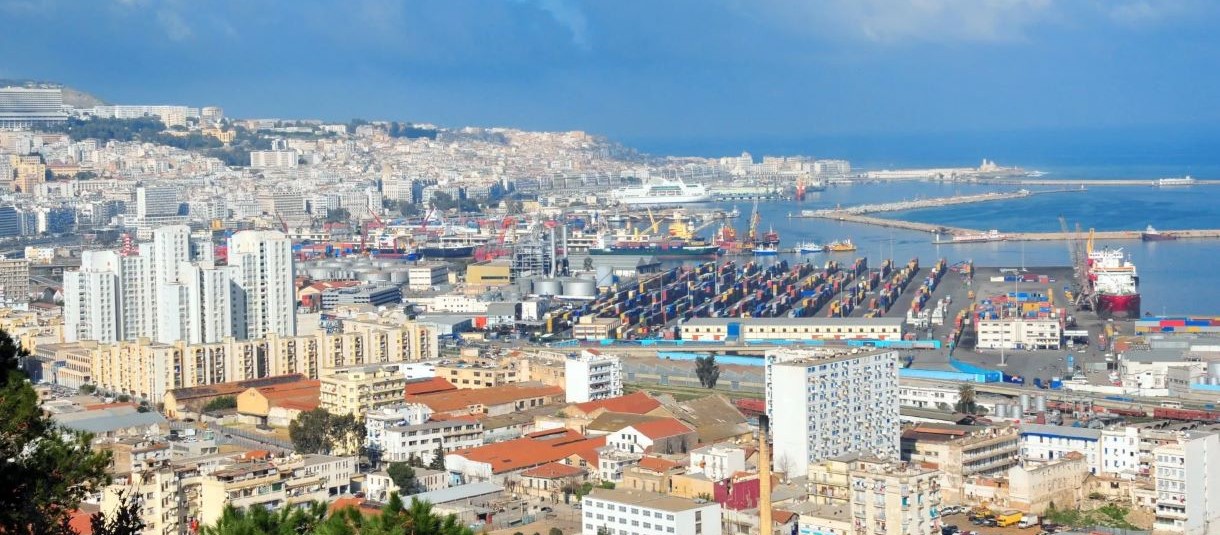(3 Minutes Read)
Algeria is determined to energize the development of the country’s port infrastructure by creating the necessary tools for optimal management of investments in this strategic sector. The State Participation Council approved the creation of the Maritime Works Group (GTM), intended to implement investments planned for the development of maritime infrastructure. The development of port infrastructure, combined with the creation of a large maritime works company, is intended to strengthen Algeria’s strategic position in the region.
The ongoing port infrastructure projects, which are essential levers to energize Algeria’s economy and enhance trade exchanges, aim to position the country as a major player in the African market by leveraging opportunities offered by the African Continental Free Trade Area (AfCFTA). The development of port infrastructure, combined with the creation of a large maritime works company, is intended to strengthen Algeria’s strategic position in the region.
First among these projects are the expansions of the Djen Djen port (Jijel), distinguished by its massive specialized terminals, including mineral, asphalt, grain, and container terminals. With its advanced handling equipment and massive port cranes, the port can manage a wide range of goods, from raw materials to imported vehicles. In 2023, the port’s cargo volume reached 90.2 million tons, with a projection to handle 12 million tons annually once the container terminal is completed in 2025. This terminal will accommodate ships carrying up to 18,000 containers, reducing transportation costs and transit time for goods destined for African markets by nearly 20 days.
Another major port project is the expansion of the Annaba port, which includes constructing a new 1,600-meter-long mineral terminal with a draft of 16 meters. This project, undertaken by an Algerian-Chinese consortium including China Harbour Engineering Company (CHEC), Cosider-TP, and Méditerranéenne des Travaux Maritimes (Meditram), aims to increase the port’s capacity to accommodate large-tonnage ships. The expansion of Annaba port will enhance the handling of phosphate and phosphate products, aiming to make Algeria a major player in the fertilizer and agrochemical markets. Once completed, this project, estimated at 89 billion Algerian dinars (approximately 662 million USD), is expected to increase phosphate export capacity to over 6 million tons per year.
Read Also:
https://trendsnafrica.com/lng-
These port infrastructure projects are critical drivers for the country’s economic development. Upon completion, they will enable Algeria to establish itself as a strategic hub for transcontinental trade and capture significant market shares in Africa.





